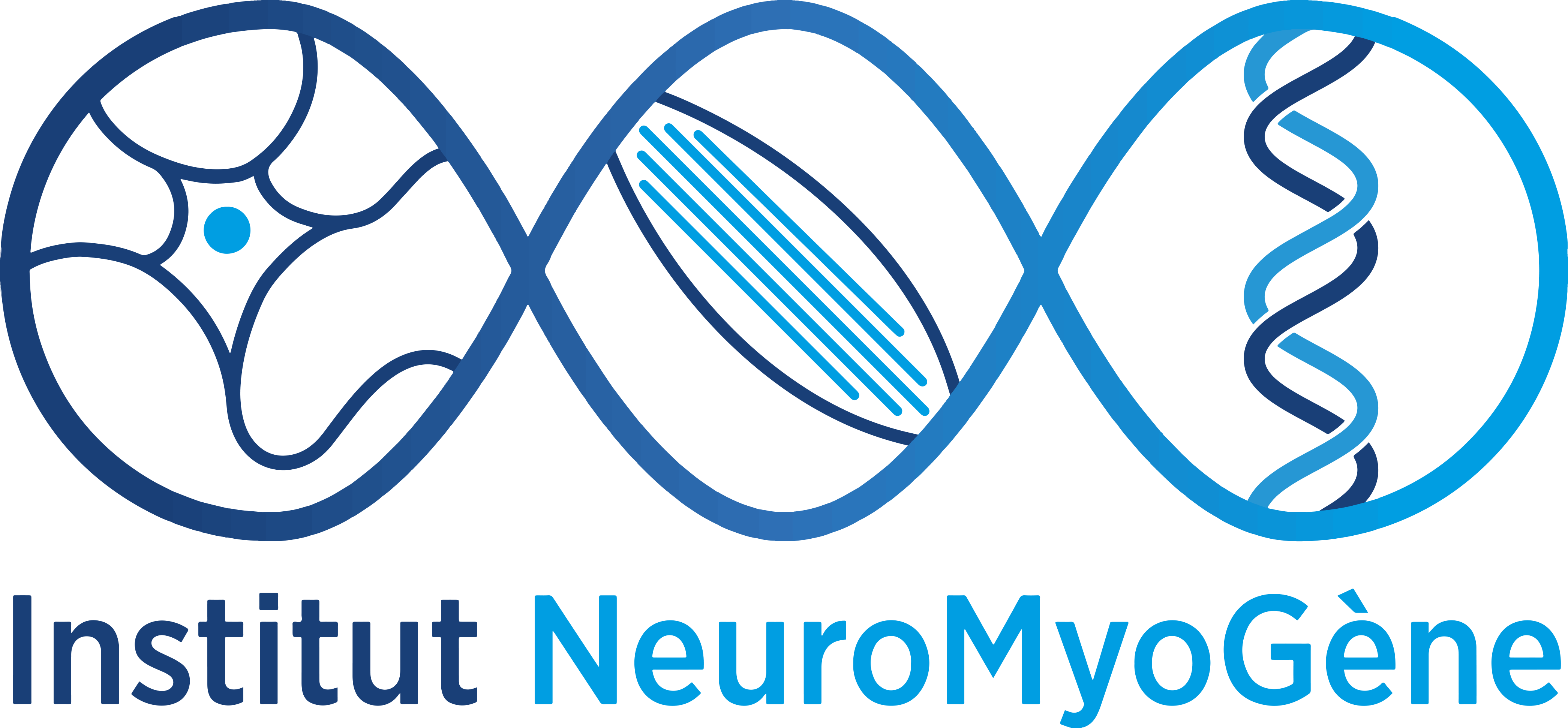Subcellular Redox Signals Governing Skeletal Muscle Metabolism: Implications for health and Disease.
Brief CV
Dr. Carlos Henriquez-Olguin is an Assistant Professor at the University of Copenhagen in Denmark. He completed his Master’s degree in Physiology at the University of Chile, focusing his thesis on the role of NOX2 in inflammatory signaling within dystrophic muscles. Pursuing a dual Ph.D. between the University of Chile and the University of Copenhagen, he investigated the sources of reactive oxygen species (ROS) in skeletal muscle during exercise.
Dr. Henriquez-Olguin’s research contributions have earned him several prestigious international honors. Notably, he received the Young Investigator Award at the 13th International Biochemistry of Exercise Conference (IBEC), the 2022 Catherine Pasquier Award from the Society for Free Radical Research-Europe (SFRR-Europe), and the 2020 Chilean Academy of Sciences Best PhD Award.
Abstract
Exercise imposes cellular stress on contracting skeletal muscle fibers, prompting molecular adaptations to maintain homeostasis. Mounting evidence suggests that redox signaling by reactive oxygen species (ROS) is vital for skeletal muscle adaptations across various exercise modalities. The study of redox signaling is moving toward a growing appreciation that ROS do not signal in a global, non-specific manner but elicit their effects within distinct subcellular compartments. My research aims to provide new mechanistic insights into how subcellular ROS drive skeletal muscle remodeling in both health and disease.
Publications
- Gallero S, Persson KW, Henríquez-Olguín C*. Unresolved Questions in the Regulation of Skeletal Muscle Insulin Action by Reactive Oxygen Species. FEBS Letters (2024), In Press. doi.org/10.1002/1873-3468.14937.
- Henríquez-Olguín C*, Meneses-Valdes R, Raun SH, Gallero SH, Knudsen JR, Li Z, Li J, Sylow L, Jaimovich E, and Jensen TE*. NOX2 Deficiency Exacerbates Diet-induced Obesity and Impairs Molecular Training Adaptations in Skeletal Muscle. Redox Biology (2023) 65:102842.
- Henríquez-Olguín C*, Meneses-Valdes R, Kritsiligkou P and Fuentes-Lemus E. From Workout to Molecular Switches: How Does Skeletal Muscle Produce, Sense, and Transduce Subcellular Redox Signals? Free Radical Biology and Medicine (2023) 209; 355–365.
- Henríquez-Olguín C, Knudsen J, Raun S, Li Z, Dalbram E, Treebak J, Sylow L, Holmdahl R, Richter E, Jaimovich E, Jensen T. Cytosolic ROS production by NADPH oxidase 2 regulates muscle glucose uptake during exercise. Nature Communications (2019)10:4623.

